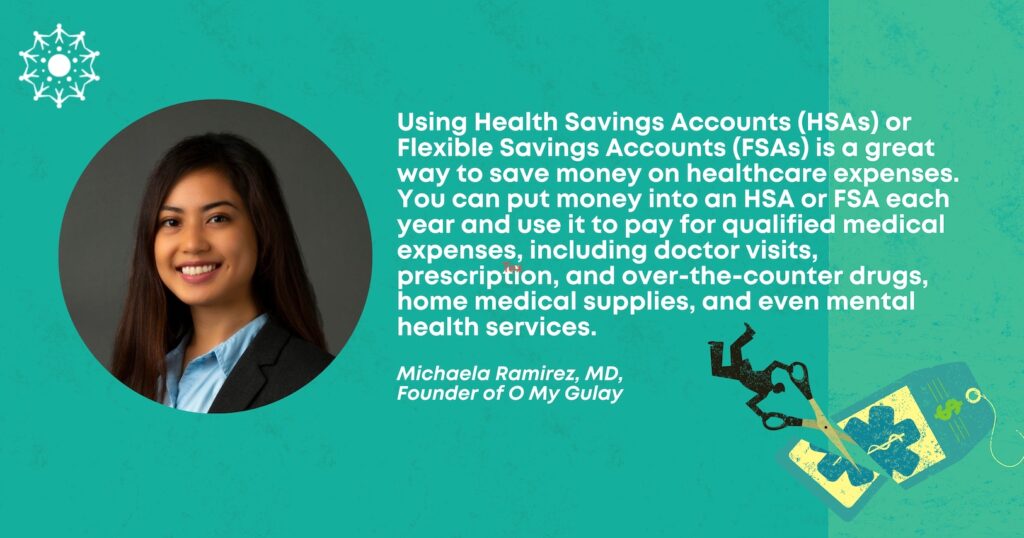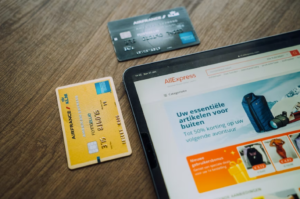
By Beau Peters
Special to Financial Independence Hub
Money management is arguably one of the most stressful things that most of us deal with on a regular basis. It never fails; just as soon as you feel like you’re doing well financially, something comes up — unexpected home repairs, vehicle maintenance, emergency medical bills, holiday gift purchases. Financial worries can sit in the back of your mind and weigh on you day in and day out.
For many, financial stresses are a concern, but not a debilitating one. However, some people develop financial anxiety — a condition where worry, fear, and unease about finances causes those suffering from it to behave differently. Behavior changes can show up in different ways such as extreme frugalness, avoiding finances, excessive overspending, or even physical changes such as high blood pressure.
Fortunately, if you are someone who suffers from financial anxiety, there are steps you can take to help address it and get your life back. The first one is finding some help, the next is gaining control. As you work through the process of dealing with your financial anxiety, you will inevitably learn a lot about yourself and how to manage your money the way you want to.
Finding Help
The root cause of financial anxiety can come from a number of different places. Maybe you have an extreme fear of being in debt because you grew up watching your parents struggle to make ends meet without sinking deeper and deeper into financial ruin. Or perhaps you were never really taught about personal finance management and now everything finance seems daunting. Or maybe you’ve just given up all hope of financial stability and choose not to address the financial concerns you know you should.
Either way, there is help out there and you are not alone. Talking with professionals about financial issues is a great place to start. Numerous different types of therapists can help you identify the root of your financial anxiety and work through the issues surrounding that cause. Likewise, financial advisors can be a great resource for helping you to understand your finances and get them back on track.
Of course, it might give you anxiety just to think about paying for a therapist to help you through your financial stresses.
Don’t worry! There are still options for you. The first might be to start by talking to a trusted friend that you believe manages their money well. Another option is to dive into the multitudes of cheap or free resources that are available online. These include affordable financial help guides or podcasts that dive into all sorts of topics, from how to build a budget you can stick to all the way to how to best invest your money.
Making a Plan
If getting help is the first step, developing a realistic plan is the second step. You might be thinking great, another budget that is bound to fail, but this isn’t necessarily the case. A workable plan can come in a variety of different forms. The right plan for you to address your financial anxiety might be different than what another person needs to feel financially stable.
For example, maybe the right plan for you involves building greater financial literacy by learning some of the terminology and tools available. Perhaps your plan is to read one financial news article a day. Or maybe your plan is to build up a rainy day fund that will ease your concerns about going into debt. Or to focus more on building more meaningful relationships and focus less on having the fanciest home goods.
All of this isn’t to say that a budget isn’t sometimes a great tool. In fact, budgets can be one of the most powerful tools for getting yourself out of debt or achieving a financial goal. The crux is creating a realistic budget that you can actually live with. Cutting out all of your excess expenditures might help you save money, but sooner or later you’ll crack. Smaller changes that you can really stick to are much more valuable over the long run.
Taking Control
The final step is to enact the plan and adjust as needed to make sure you’re doing something that is really making a positive difference. Take time once a month to evaluate where you’re at with your financial anxiety. Are you making progress? Are you achieving your financial and financial mental health goals? Continue Reading…







